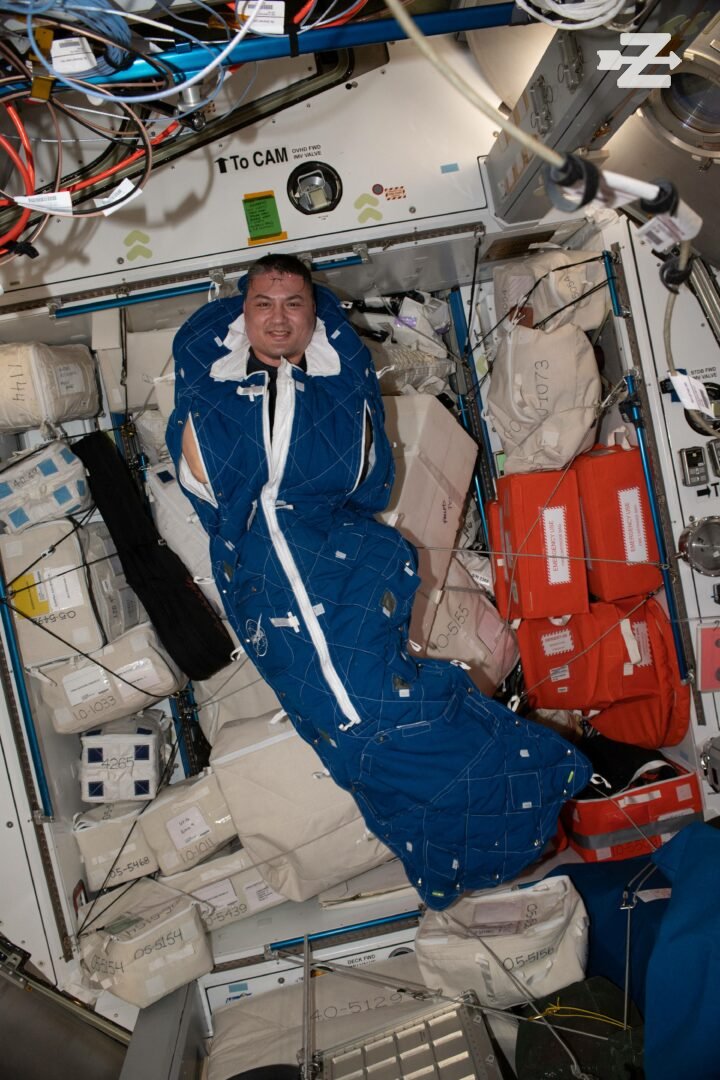The challenge of how to get astronauts (and eventually colonists and tourists) to Mars has been a tough one to overcome.
After all, the Red Planet is a 7-month journey away. Considering the time spent on the planet and the return journey, those who make the trip will need about two years’ worth of supplies. That’s a huge ask.
Engineers are talking about placing travelers into hibernation to decrease the cargo load and cut down on what’s needed to get there.
“Suspended animation” is a natural phenomenon we can already observe on Earth among species who often enter it during times of limited resources (such as winter). Their body processes slow down, requiring less oxygen and fewer calories to sustain life.
Reducing the metabolic rate of the crew down to 25% could dramatically cut back on how much supplies they would need to make the trip. It would also tackle the psychological effects of being locked in a small space in a stressful environment approaching the unknown.
Doctors can already induce hypothermia to reproduce the effects of metabolic hibernation, and it’s often done during long and complex surgeries or to allow the brain and spinal cord injuries to heal without further damage from inflammation.
Studying the process could benefit both the future of space travel and medicine on Earth.
And as for who’s manning the helm? AI would be necessary to stay on top of unexpected situations and wake travelers if the need should arise.




I would like to sleep and take a nice nap all the way to Mars
7 month nap btw
When is Elon doing that trip to space? I need to get myself signed up.
That actually looks claustrophic asf. Who would do this?